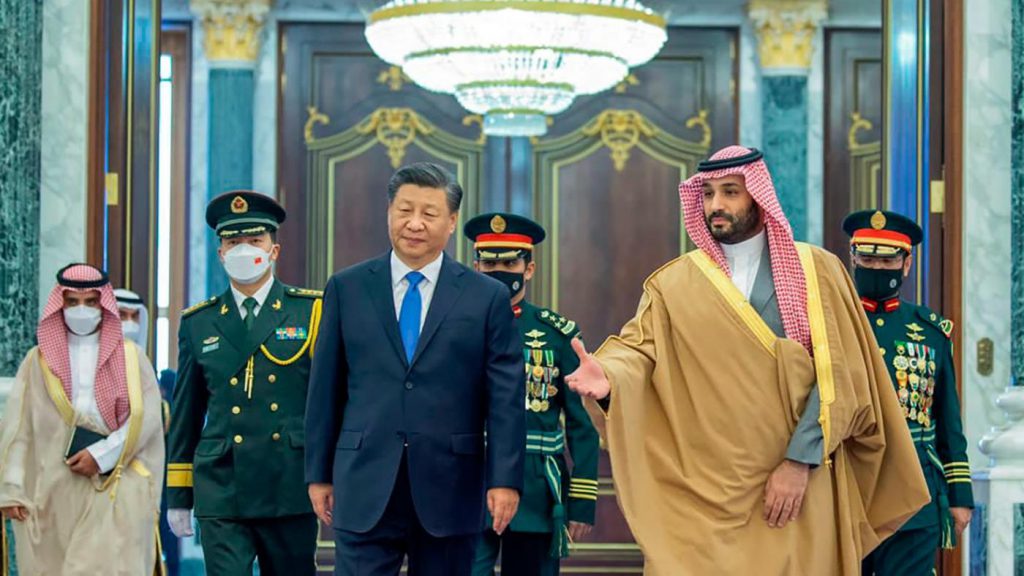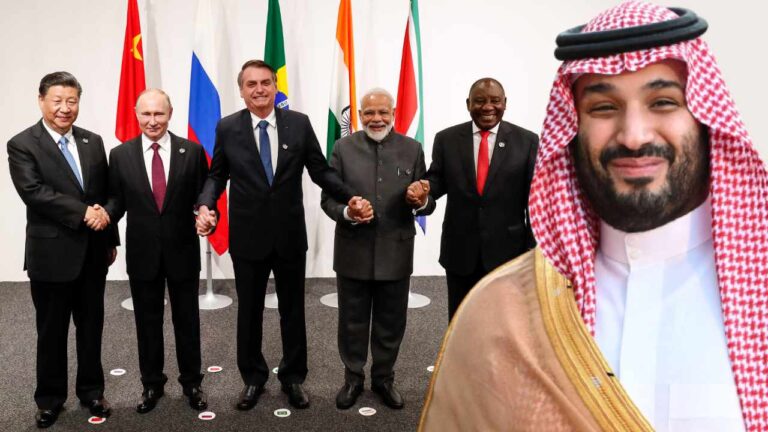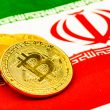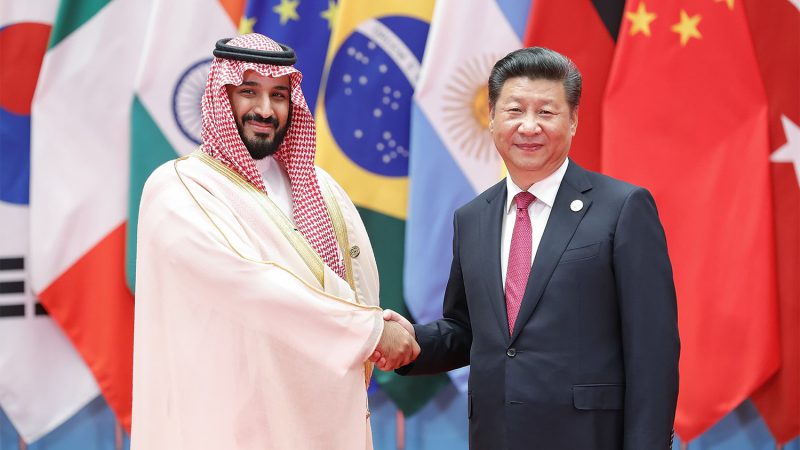Brazil, Russia, India, China, and South Africa (BRICS) countries have not yet established a common currency. However, if we assume that they would create a new currency and oil-rich Middle East nations accept it, several things could happen. Many U.S. sectors could take a hit if Middle East countries reject the dollar and use the new BRICS currency. Read here to know which sectors are most likely to suffer if the oil-rich nations ditch the dollar.
Also Read: 24 Countries Ready to Accept BRICS Currency
What Could Happen If Oil-Rich Middle East Countries Accept BRICS Currency?


So if the Middle East turns to the BRICS currency, here’s what might happen. Firstly, the value of the new currency would depend on the strength of the economies of the BRICS countries.
The policies implemented by their respective Central Banks also play a role in shaping the new tender. If the currency is stable and strong, it could compete with the U.S. dollar. It could also challenge the supremacy of other currencies such as the Euro, Pound, and Yen.
Secondly, if oil-rich Middle East countries were to switch to using the new BRICS currency, it could have a significant impact on the global oil markets. Currently, oil is predominantly traded in the U.S. dollar, which gives America a significant advantage in the global economy.
If a new currency were to become widely accepted for oil transactions, it could shift the balance of power away from the U.S. and towards the BRICS countries.
Also Read: Why Are Middle East Countries Looking To Join BRICS?


Thirdly, the adoption of a new currency could potentially lead to a shift in global economic alliances. If the BRICS countries establish a successful common currency, other countries will find it lucrative to join them. This could lead to the creation of new economic blocs. The development could potentially lead to greater economic cooperation between countries to settle global trade without the U.S. dollar.
Also Read: After BRICS, GCC Nations Could Pose a Threat to the U.S. Dollar
In conclusion, the adoption of BRICS currency by Middle East countries could have far-reaching implications for the global economy. In addition, it could also change the direction of international relations between the East and West.
However, it is important to note that such a scenario is purely hypothetical at this point. The BRICS countries have not yet established a common currency. The decision to launch a new currency will be taken in the next summit in August in South Africa.





